Optimal Seasons for Landscaping Projects
Landscaping projects are most effective when scheduled during specific times of the year to ensure optimal growth, durability, and aesthetic appeal. Understanding the best seasons for landscaping can help achieve long-lasting results and reduce the need for extensive maintenance.
Spring is ideal for planting new landscapes as soil temperatures rise and plants establish before the heat of summer.
Summer offers longer days and warmer weather, suitable for ongoing planting and maintenance activities.
Fall provides cooler temperatures and increased rainfall, making it a good time for planting trees and shrubs.
Winter is generally less suitable for active landscaping but can be used for planning and designing projects for the upcoming seasons.

Ways to make Landscapings work in tight or awkward layouts.
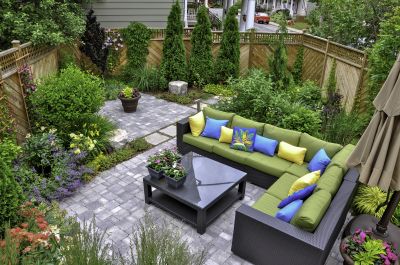
Popular materials for Landscapings and why they hold up over time.

Simple add-ons that improve Landscapings without blowing the budget.
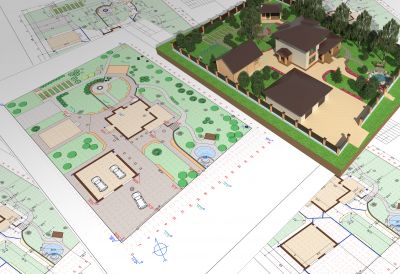
High-end options that actually feel worth it for Landscapings.
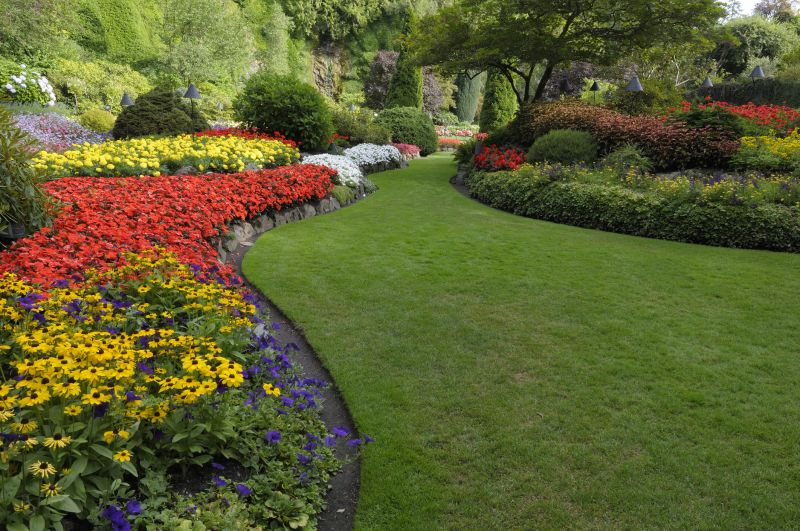
Finishes and colors that play nicely with Landscapings.
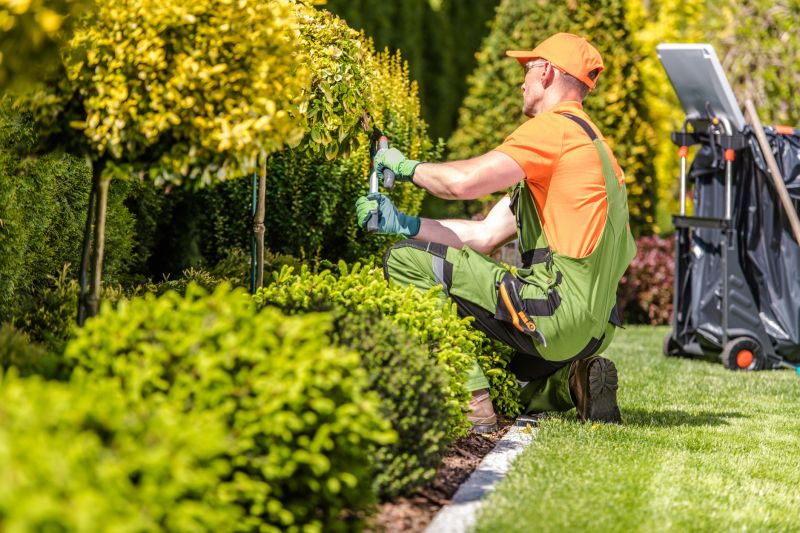
Little measurements that prevent headaches on Landscapings day.
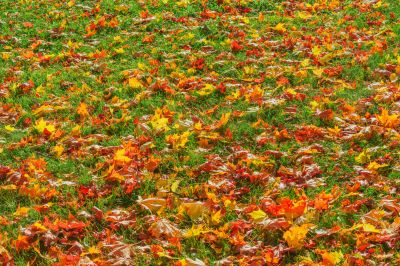
A 60-second routine that keeps Landscapings looking new.
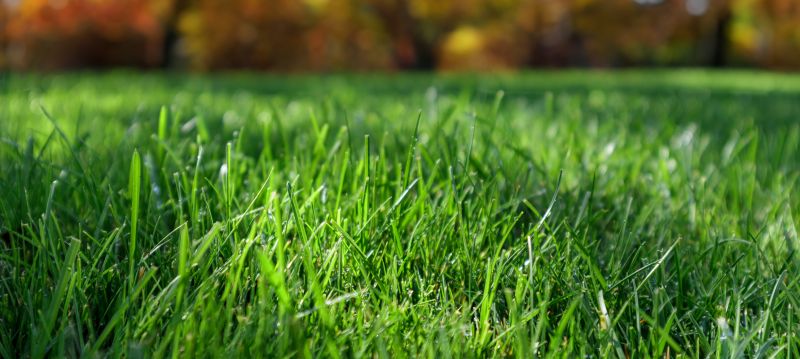
A frequent mistake in Landscapings and how to dodge it.

Small tweaks to make Landscapings safer and easier to use.
| Season | Best Activities |
|---|---|
| Spring | Planting new beds, lawn seeding, shrub installation |
| Summer | Maintenance, ongoing planting, irrigation |
| Fall | Tree planting, bulb installation, soil preparation |
| Winter | Design planning, site assessment, preparation for spring |
Landscapings involve the strategic arrangement of plants, trees, and other outdoor features to enhance the visual appeal and functionality of outdoor spaces. Proper timing ensures that plants establish well, resist pests, and thrive in their environment. Statistically, projects completed during optimal seasons tend to require less maintenance and have higher success rates, leading to increased satisfaction and long-term value.
Choosing the right time for landscaping can also influence cost efficiency and project durability. For instance, planting in spring allows for root establishment before summer heat, reducing water needs and plant stress. Conversely, fall planting benefits from cooler weather and increased moisture, promoting healthy growth. Planning ahead and aligning projects with seasonal conditions can produce the best results.

Lower-waste or water-saving choices for Landscapings.

The short, realistic tool list for quality Landscapings.

Rough timing from prep to clean-up for Landscapings.
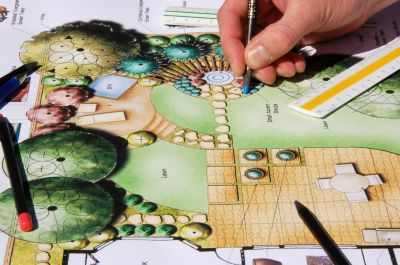
Quick checks and paperwork to keep after Landscapings.
For those interested in enhancing outdoor spaces through landscaping, it is recommended to contact a professional to discuss timing and project scope. Proper scheduling ensures the best results and long-lasting beauty in outdoor environments.

